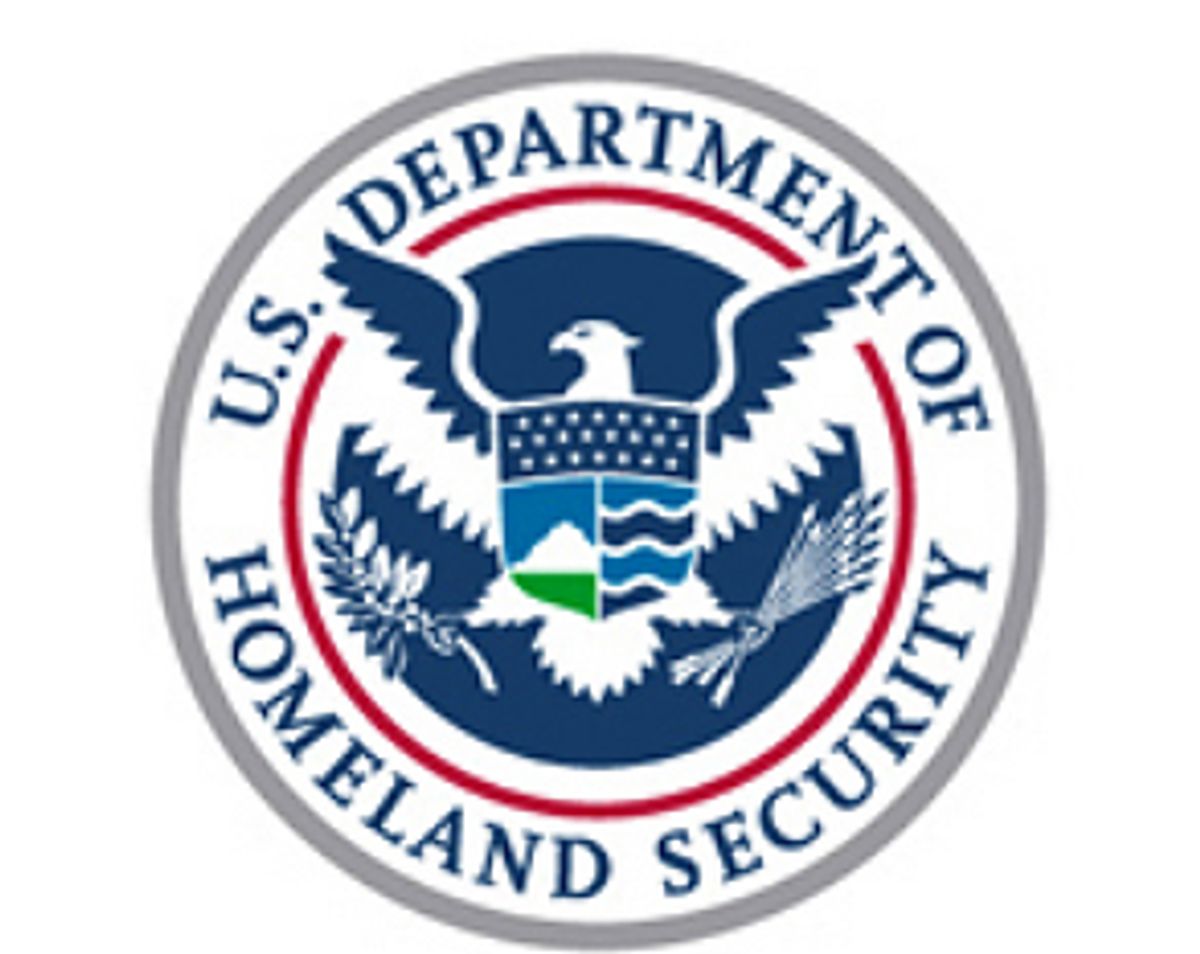The inspector general of the Department of Homeland Security said Wednesday he will launch an inquiry into how a senior intelligence official at the department received a security clearance despite failing to reveal his past association with an American Muslim leader under indictment on terrorism-related charges.
"I was troubled by it, as I think anyone would be," the inspector general, Clark Kent Ervin, said in an interview. Ervin was referring to a report in Salon on Tuesday about Homeland's director of policy for intelligence, Faisal Gill, who was briefly removed from his job in March when the Federal Bureau of Investigation raised questions about his security clearance.
"It is significant enough of an issue to require some follow-up," said Ervin, who spoke with Salon after testifying on an unrelated matter before a U.S. House of Representatives committee yesterday.
A Homeland Security spokesman, Brian Roehrkasse, did not return a telephone call seeking comment. Previously, the department issued a statement saying its internal Office of Security had conducted a "thorough investigation" that found Gill "exceeded all requirements" for his job, which gives him access to information about the vulnerability of American ports, aviation facilities and nuclear power plants to terrorist attack.
Gill, a protégé of Republican powerbroker and lobbyist Grover Norquist, did not disclose on security documents that he'd served as a spokesman in 2001 for the American Muslim Council, government officials told Salon. The now-defunct AMC was controlled by Abdurahman Alamoudi, who was indicted last October on terrorism-related money laundering charges and now claims to have been part of a plot by Libyan leader Moammar Gadhafi to assassinate Crown Prince Abdullah of Saudi Arabia. There is no allegation that Gill has compromised security, but there are concerns that Islamic extremists such as Alamoudi aim to plant friendly, if unwitting, associates in key government positions to monitor American activities.
Given the top-secret nature of the material to which Gill has access, it is likely that the White House political appointee has had to take a polygraph examination at some point. Standard polygraphs include questions about past drug use or association with the Communist Party, not necessarily relevant to a case such as Gill's. Ervin said that what polygraph questions might have been posed to Gill "would be something we would look at."
Ervin said a report on the matter could be ready in six months. He concluded on his own that an inquiry was warranted and, as of Wednesday, had not received any prompting from Congress, he said. By law, Ervin's auditing and investigative operations are independent from the political leadership of the Homeland department.
The chairman of the Senate subcommittee that oversees the department, Sen. Jon Kyl, R-Ariz., called the Gill matter "very important" and added in an interview that he was not surprised that the inspector general had decided to open an inquiry. Asked if the matter merited the personal attention of Homeland Security Secretary Tom Ridge, the senator said, "I would think so."
Several anti-terrorism officials at the Department of Justice told Salon they are aware of the Gill matter. But Mark Corallo, a Justice Department spokesman, declined to comment, citing department policy.
Terrorism suspects, meanwhile, are increasingly being prosecuted for failing to fill out government forms truthfully. "We aggressively prosecute people who fail to disclose their terrorist associations on visa and naturalization documents," one prosecutor said, citing the recent conviction of a Cleveland, Ohio, imam, Fawaz Damra, who failed to reveal his membership in the Palestinian Islamic Jihad terror group on immigration documents.
The questions surrounding Gill, however, are different from those in the Ohio case. The Cleveland imam was actively raising money for the Palestinian suicide-bombing group; there is no evidence that Gill has compromised security. Still, the revelation of Gill's placement in the sensitive intelligence position has reignited a debate in conservative circles over Norquist's political alliances with Muslim leaders and organizations that are under federal scrutiny.
The Cleveland imam, for example, is an unindicted co-conspirator in the Florida prosecution of former professor Sami Al-Arian, who is awaiting trial next year on charges he was the North American leader of Palestinian Islamic Jihad. Al-Arian, in turn, is a close friend of Alamoudi -- the alleged would-be assassination plotter -- and both once worked closely with Norquist to win Muslim voters to George W. Bush in 2000.
Frank Gaffney, president of the Center for Security Policy in Washington, a conservative think tank, has been one of Norquist's harshest critics. "I hope that the concerns that the Gill affair represents will compel a far more comprehensive review of the Bush administration's relations with groups associated in various ways and degrees to Islamist organizations and activities," Gaffney told me. "And it seems to me inconceivable that that review can be denied or stonewalled or obstructed any longer."



Shares